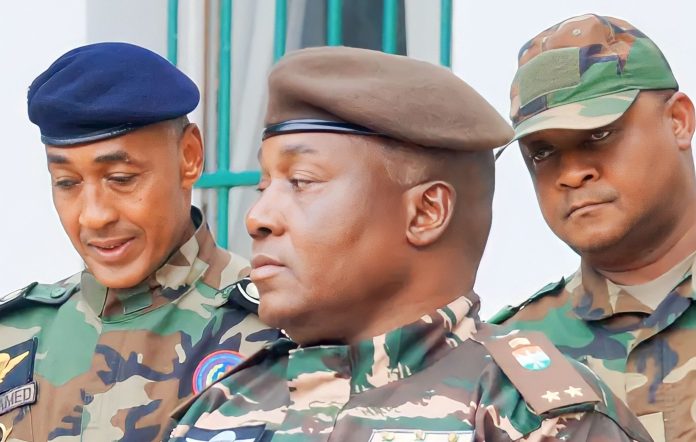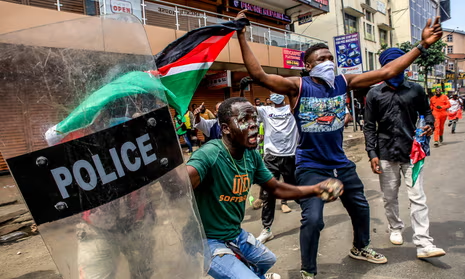An American don, Dr Fred Cocozzelli says the Nigerien democratic crisis does not call for the use of force but will need more than diplomacy for the military junta to relinquish power.
The don explained that the kind of crisis that would warrant force has to do with the violence and massive violation of human rights, in which Niger does not fall under the category.
An American don, Dr Fred Cocozzelli says the Nigerien democratic crisis does not call for the use of force but will need more than diplomacy for the military junta to relinquish power.
Cocozzelli, an associate professor of Government and Politics at St John’s University told the New Agency of Nigeria (NAN) in New York that using force would not likely solve the crisis.
The military junta, led by Gen. Abdourahamane Tchiani, had on July 26 overthrown the Nigerien President Mohamed Bazoum.
Following the development, ECOWAS threatened to take all measures necessary to restore constitutional order, including the use of force if the coupists failed to do that.
The don said it would probably take promises or benefits for the junta to restore democracy in addition to diplomacy.
He explained that it would take Africa Union, and United Nations with support from the international community to assure Niger that they would support the country to make democracy work.
“They will make it clear that when they return to democratic norms, they will provide a lot of benefits for them, it may not be military but some rewards.’’
The don explained that the kind of crisis that would warrant force has to do with the violence and massive violation of human rights, in which Niger does not fall under the category.
According to him, some of those crises would warrant peacekeeping interventions.
He also spoke on the role of peacekeeping in restoring peace and stability in conflict zones but bemoaned how peacekeeping operations have been extremely difficult in some countries.
Cocozzelli, who teaches Peacekeeping as a course, said lack of acceptance had been responsible for the failure of some peacekeeping operations recently witnessed in the 2000s.
Cocozzelli, who had worked with an International Non-Governmental Organisation (NGO) on peacekeeping said missions were easier before now because the people accepted and trusted the missions.
He said some of the missions he did in the 1990s, though very complicated, were successful but things have changed about commitment now, making it more comprehensive.
“It’s not just peacekeeping. It becomes the more complicated mission to become about building democracies and liberal methods.”
The don further said that acceptance by the people was key to the success of any peacekeeping, noting that if you are not accepted, you cannot force yourself on the people.
“When I worked in the field for a big international NGO, and we did humanitarian work, post-conflict; the people did not challenge our motives.
“They accepted us as trying to do the right thing, which we were. But today, I think in those same situations, people would question the motives of peacekeepers,’’ he said.
The don, however, said despite lots of uncertainty about democracy in some African countries that have experienced military takeover, he said no system had been able to substitute democracy.
According to him, democracy does work but will need to be accompanied by good institutions that will make it work.
He said that democracy might not cure some social problems such as corruption but might yield development if backed by strong institutions.
He emphasized that no process or method could replace democracy.
“For example, the military saying, look, democracy is not delivering, and there’s no other institution that can put a check on the power of corrupt politicians.
“So, we will do it more often than like and end up with just different corrupt politicians.
“Militaries are not designed to establish democracies, and they’re not particularly good at it, in part because, you know, it runs counter to the ethos of militaries.
“One could argue that a lot of these states that are experiencing democratic crises, don’t have the institutions in place to do that.’’
The don said every military take or political crisis had a history, noting that the ability to address those challenges would make the country’s democracy stronger.
“Obviously, the United States has dealt with its own crisis of democracy now for a number of years and is still sort of figuring out how to get to the other side.
“It’s challenging to run a democracy consistently. It’s challenging for political leaders who achieve power to give up power willingly when they lose an election,’’ the don said.













